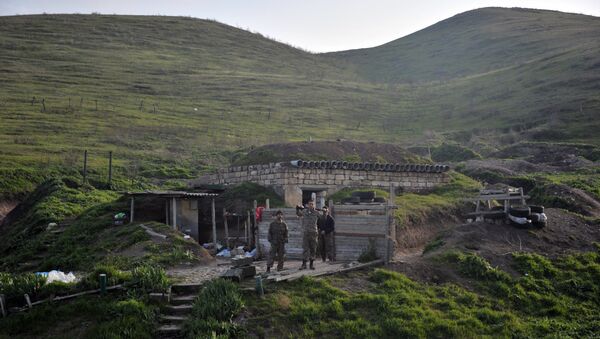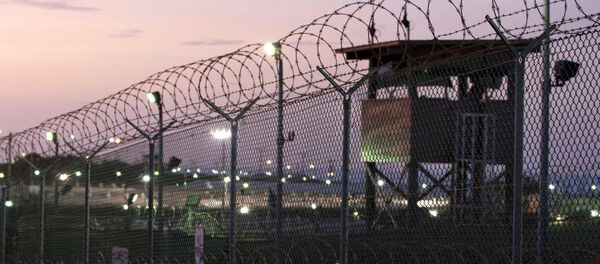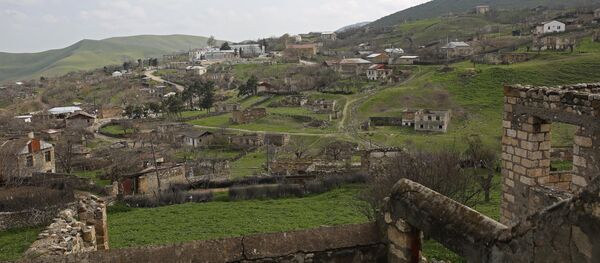On Monday, the co-chairs of the OSCE Minsk Group — ambassadors Igor Popov of Russia, Stephane Visconti of France and Richard Hoagland of the United States — that monitors the Nagorno-Karabakh conflict zone, condemned the recent violations of a ceasefire agreement by both Armenia and Azerbaijan, urging the countries to stick to the agreements reached in 2016, including obligations to finalize an OSCE investigative mechanism.
"We hope that the Co-Chairs will be persistent in promptly and strongly reacting to any use of force or threat of force in the conflict zone, especially, when the ceasefire violations result in human losses. The perpetrator should not be allowed to perceive the belated reaction as a tolerance towards its actions," Nalbandian said in a statement published on the Armenian Foreign Ministry's website.
The conflict in Nagorno-Karabakh began in 1988, when the autonomous region sought to secede from the Azerbaijan Soviet Socialist Republic, before proclaiming independence after the collapse of the Soviet Union in 1991. The warring sides agreed to a cessation of hostilities in 1994.
The violence in Nagorno-Karabakh escalated on April 2, 2016. Baku and Yerevan have accused each other of provoking hostilities that led to multiple deaths on each side. A ceasefire was agreed on April 5, yet hostilities continued.
On June 20, 2016, the presidents of Armenia, Azerbaijan and Russia met in St. Petersburg where they reaffirmed their commitment to achieve steady progress in political settlement of the Nagorno-Karabakh conflict and agreed to increase the number of OSCE monitors working in the conflict zone.
Never miss a story again — sign up to our Telegram channel and we'll keep you up to speed!




